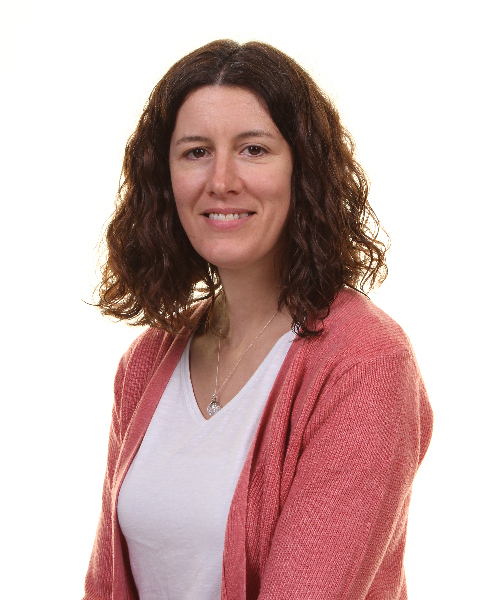Music
 |
| Louise Sewell |
| Music Co-ordinator |
lsewell@chaddlewoodschool.org.uk |
'At Chaddlewood, we believe that all children have the potential to become musicians. Music is valued as an essential and unique subject which promotes and improves well-being, communication, listening and oracy skills, collaboration, perseverance and above all, enjoyment. Through our well-structured curriculum, children are exposed to a wide variety of musical styles and are given opportunities to learn to play instruments, read and compose music and enhance their singing abilities.
Our music curriculum is taught through the coverage of seven key concepts: historical and cultural development, listening (aural knowledge) and appraisal, listening (self-evaluation), performing with instruments, performing as a singer, notation and composition. '
Disciplinary Concepts |
||||||
Intent:
Music at Chaddlewood is taught through a blend of short listening sessions in addition to longer bespoke skills and knowledge lessons. The curriculum has been designed in line with the March 2021 Model Music Curriculum alongside a scheme called Charanga, which covers the National Curriculum content as assigned to each key stage. In addition to this we also offer a range of peripatetic lessons to children in Key Stage 2.
Our music curriculum is both immersive and ambitious, aiming to ensure that children leave the school able to read and record music in a variety of ways, with a repertoire of songs which they can sing or play confidently, and a broad knowledge of a wide range of Western Classical and World music. All knowledge and skills are differentiated across year groups, and develop progressively in terms of technique, technical difficulty and complexity as children move up through the school. Knowledge (knowing that), skills (knowing how) and vocabulary are taught to be remembered. Much of this is taught during the Autumn term and then embedded and then built upon throughout the year. Low stakes knowledge assessment opportunities are also included in each unit’s planning as well as observational assessment.
Singing: Singing takes place in many units in some form either through learning a “hook” song for a unit of work or as part of a unit specifically dedicated to singing techniques and song repertoire. Each year group has a specific set of songs for children to learn, embedding the skills and techniques learned so far. Through singing in unison and part-singing, children are taught warm up techniques, correct posture for singing, appropriate breathing and phrasing opportunities. Children have further opportunities to sing in whole school assemblies and at celebrations, special events or at Christmas time.
Playing instruments: From a young age, children are taught the names of instruments that they encounter in the classroom and are also introduced to orchestral and world instruments through listening sessions. Children are taught how to handle instruments with care and play them correctly. In KS2, children are given more formal instruction on playing tuned instruments through the use of whole class lessons on glockenspiels and boomwhackers (Year 3) and ukuleles (in Year 5). This is through Plymouth Music Education Hub’s First Access programme. The children are encouraged to read from a range of musical notation and to practise their part before performing individually (solo) or as part of an ensemble. We also offer a wide range of additional peripatetic instrumental lessons to all children in Key Stage 2.
Notation and composition: Children are shown age-appropriate methods of recording and communicating their own music using simple graphic scores in Key Stage 1. Children are given opportunities to create their own compositions using notation and also read and interpret simple forms of graphic notation. As children get older, they will be introduced to dots for pitch and stick notation for rhythms before moving on to reading and recording music using staff notation in Key Stage 2. Children are encouraged to keep a record of their compositions in their music jotter which they can return to in subsequent lessons. In terms of composition, the complexity of composition increases as children develop. They begin by experimenting with sounds and ordering them in response to stories; They move towards creating simple melodic lines and rhythms; Finally, older children create short sections of music which contain a melody and accompaniment, with rhythm, tempo and dynamics considered.
Listening and appraisal: We believe that children should experience music from a range of different world cultures and traditions in order to broaden their horizons. During their time at Chaddlewood, children also listen to a wide range of Western Classical music which spans the musical eras from Early/Renaissance through to 21st Century, including some film music.
Listening is usually taught discreetly. Each half term, all year groups have a specific set of pieces to listen to and discuss which are linked by instrument, theme, era, country or composer. This rich variety gives them much to draw upon in terms of techniques or ideas when writing their own compositions. It also provides further opportunity to use musical vocabulary in context.
Performance: Performance is an essential element of each unit which can be done as a soloist, part of a small or large ensemble (eg: small group to whole class). Children are given opportunities to practise and perform songs, compositions or play instruments in low-risk classroom situations with plenty of praise given. Additional formal opportunities take place throughout the year through school events such as Christmas performances or special assemblies. Where possible additional opportunities for performing are included such as playing in an assembly or as part of a wider event such as the Lord Mayor’s Carol Service.








